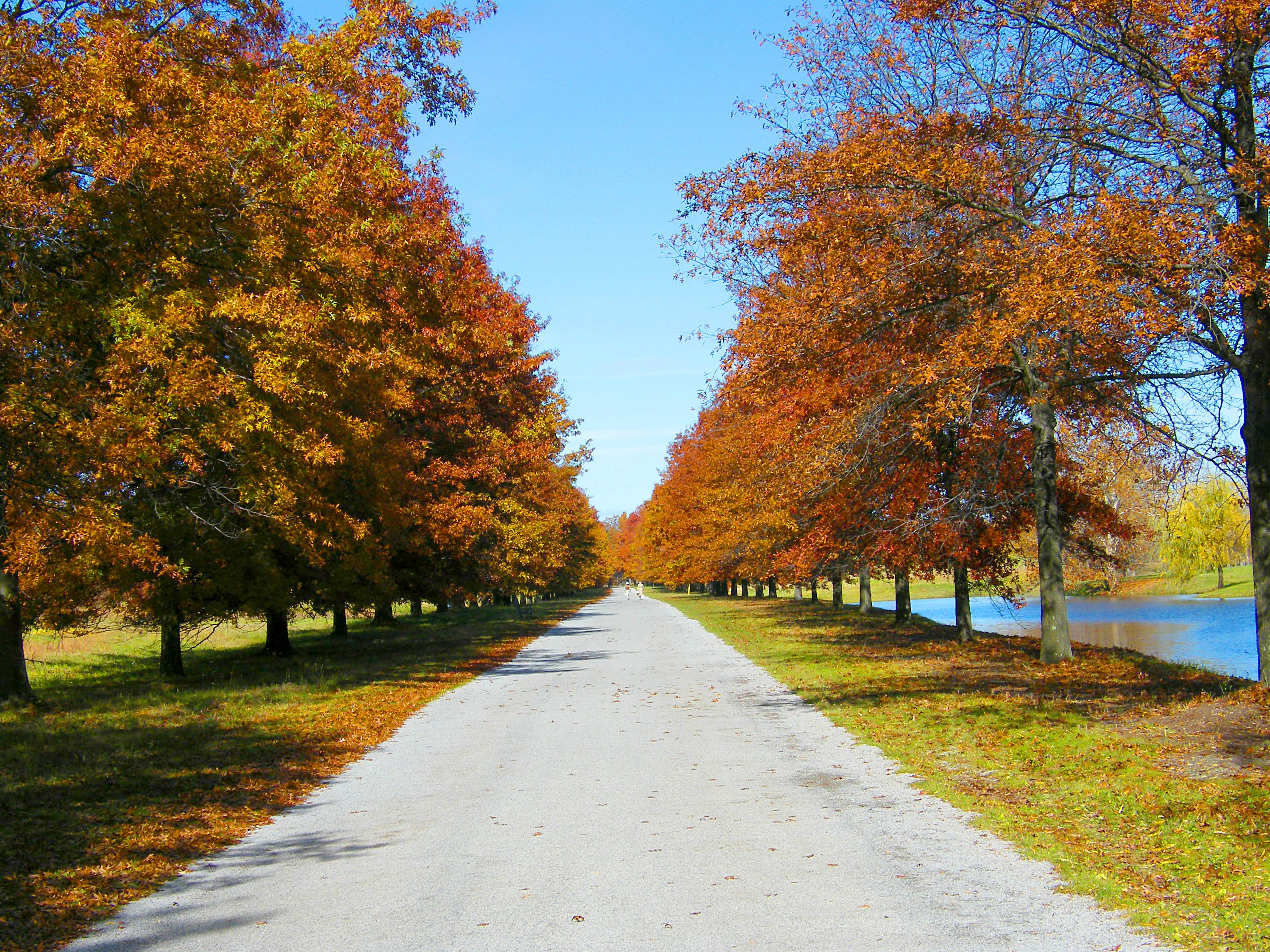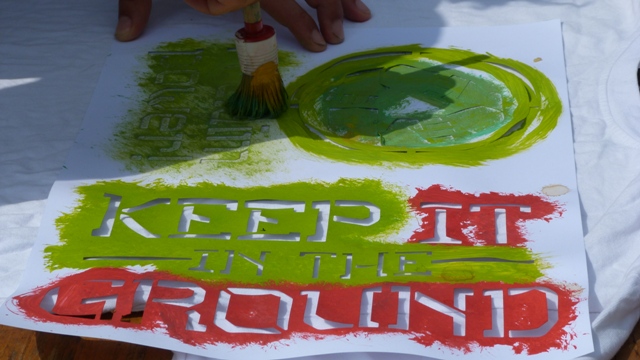Read the full version of the open letter here
The current economic downturn is not Degrowth, even if some people misleadingly call it that. Degrowth means ensuring everybody's basic needs are met by transforming our societies. With policies in place to do that, we could shut down much of the economy for months and everyone would still have enough food, shelter, and healthcare. In a Degrowth society, with relocalized economies, a pandemic like COVID-19 would be less likely, would spread less, and would cause less suffering. The economic crisis triggered by the pandemic is related to our dependence on growth. All interested individuals and organizations are invited to engage in an open debate to re-envision economy and society in the wake of the corona crisis. From May 29 to June 1, the (now online) international conference “Degrowth Vienna 2020: Strategies for a Social Ecological Transformation” will be held, and the Global Degrowth Day on June 6th.Catalan Croatian Danish Dutch French German Greek Hungarian Italian Korean Mandarin Portuguese Russian Slovenian Spanish Swedish Turkish

Given the strategic indeterminacy of the degrowth movement that has been discussed in earlier articles within this series, we will consider the role that policy may play within the broader scope of a degrowth transformation and as one important focus within a plurality of movements. Specifically, working to move the focus of policy towards instruments that shift the rules of the competitive env...

By Christiane Kliemann With the Summer School in the lignite-mining area of the German Rhineland, for the first time the degrowth and climate justice movement are explicitly thought together. This is why the opening panel "No Climate Justice without Degrowth" had the interesting task to draw the very big picture and join the dots between climate change, degrowth, climate justice and the strugg...
Rob Hopkins is the founder of the Transition Movement. We interviewed him for the Stream towards Degrowth during the launch of his new Book “The Power of just doing Stuff - How local Action can change the World” in Bielefeld. Watch the video to hear more about the connections and differences between the Degrowth and the Transition Movement.